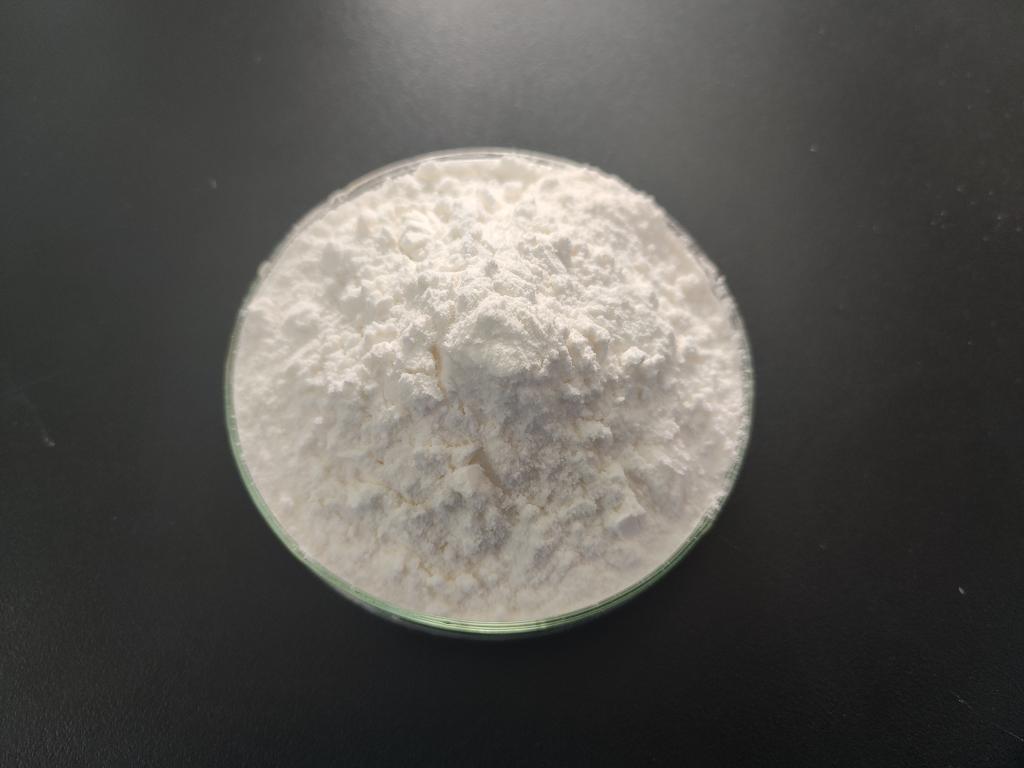Tel:+8618231198596

News
 CONTACT
CONTACT
 CONTACT
CONTACT
- Linkman:Linda Yao
- Tel: +8618231198596
- Email:linda.yao@dcpharma.cn
- Linkman:CHARLES.WANG
- Department:Overseas
- Tel: 0086 0311-85537378 0086 0311-85539701
News
Current Position:
Home >
News
>ε-Polylysine Hydrochloride in Fermentation Processes: Improving Yield and Quality
ε-Polylysine Hydrochloride in Fermentation Processes: Improving Yield and Quality
TIME:2024-01-24
I. Fermentation Processes: The Foundation of Bioproduction
A. Diverse Applications of Fermentation
Fermentation is a versatile biotechnological process used in the production of a wide array of products, including organic acids, enzymes, antibiotics, biofuels, and various food and beverage items. The microbial conversion of substrates into valuable products makes fermentation a cornerstone of bioproduction.
B. Factors Influencing Fermentation Efficiency
Several factors influence the efficiency of fermentation processes, including the choice of microorganisms, substrate composition, fermentation conditions, and the presence of inhibitory factors. The optimization of these parameters is essential for achieving maximum yields and maintaining product quality.
II. Introduction to ε-Polylysine Hydrochloride
A. Natural Origin and Production
ε-Polylysine hydrochloride is a natural antimicrobial compound derived from fermentation, often produced by Streptomyces albulus. Its natural origin and biodegradability make it an attractive option for various applications, including the enhancement of fermentation processes.
B. Antimicrobial Properties
The primary antimicrobial mechanism of ε-polylysine hydrochloride involves disrupting microbial cell membranes, inhibiting the growth of bacteria and fungi. This targeted action positions it as a valuable tool for controlling microbial contamination in fermentation processes.
III. ε-Polylysine Hydrochloride in Fermentation: Mechanisms of Improvement
A. Microbial Contamination Control
One of the key challenges in fermentation is the risk of microbial contamination, which can lead to reduced yields and compromised product quality. ε-Polylysine hydrochloride's antimicrobial properties help control and prevent contamination, ensuring a more stable fermentation environment.
B. Enhanced Microbial Viability
Research suggests that ε-polylysine hydrochloride can enhance the viability and activity of specific microorganisms involved in fermentation. This improvement in microbial health contributes to more robust and efficient fermentation processes.
C. Metabolic Pathway Modulation
ε-Polylysine hydrochloride has been shown to modulate microbial metabolic pathways, influencing the production of specific metabolites. This modulation can lead to increased yields of target products, making ε-polylysine hydrochloride a valuable tool for metabolic engineering in fermentation.
IV. Applications of ε-Polylysine Hydrochloride in Fermentation
A. Food and Beverage Production
In the food and beverage industry, fermentation is widely employed for the production of items such as yogurt, cheese, and alcoholic beverages. The incorporation of ε-polylysine hydrochloride in these processes can enhance microbial control, improve product quality, and extend shelf life.
B. Antibiotics and Pharmaceuticals
Fermentation is a crucial step in the production of antibiotics and pharmaceuticals. The addition of ε-polylysine hydrochloride can contribute to aseptic conditions, ensuring the purity of the final product and minimizing the risk of contamination during fermentation.
C. Biofuel Production
Microbial fermentation is a key process in the production of biofuels such as ethanol. ε-Polylysine hydrochloride's antimicrobial properties can play a role in optimizing fermentation conditions, leading to increased ethanol yields and improved efficiency in biofuel production.
D. Enzyme Production
Fermentation is commonly employed for the production of enzymes used in various industrial processes. ε-Polylysine hydrochloride can enhance the fermentation efficiency of enzyme-producing microorganisms, resulting in higher enzyme yields and improved overall process economics.
V. Impact on Fermentation Yields and Product Quality
A. Increased Yields
Research studies have indicated that the addition of ε-polylysine hydrochloride to fermentation processes can lead to increased yields of target products. This improvement is attributed to the compound's ability to create a more favorable and stable microbial environment.
B. Maintaining Product Quality
Contamination during fermentation can compromise the quality of the final product. ε-Polylysine hydrochloride's role in controlling microbial contaminants helps maintain the purity and quality of fermented products, meeting the stringent standards required in various industries.
VI. Challenges and Considerations
A. Optimal Concentrations and Conditions
Determining the optimal concentration of ε-polylysine hydrochloride and the conditions under which it is most effective in specific fermentation processes is crucial. The compound's impact may vary depending on the microorganisms involved and the characteristics of the fermentation substrate.
B. Compatibility with Microorganisms
While ε-polylysine hydrochloride has shown compatibility with various microorganisms, its effectiveness may vary across different strains and species. It is essential to assess compatibility with the specific microbial strains used in each fermentation application.
VII. Future Directions and Collaborative Research
A. Tailoring ε-Polylysine Hydrochloride for Specific Fermentation Applications
The future development of ε-polylysine hydrochloride in fermentation processes involves tailoring its application for specific microbial strains and products. Collaborative research efforts between microbiologists, fermentation experts, and bioprocess engineers can contribute to this customization.
B. Integration with Emerging Technologies
As fermentation technologies evolve, the integration of ε-polylysine hydrochloride with emerging techniques such as metabolic engineering and synthetic biology holds promise. Exploring synergies with these technologies can further enhance the efficiency of fermentation processes.
VIII. Conclusion
ε-Polylysine hydrochloride emerges as a valuable and eco-friendly tool in the optimization of fermentation processes. Its natural origin, antimicrobial properties, and impact on microbial viability and metabolic pathways position it as a promising additive in various fermentation applications. From food and beverage production to pharmaceuticals and biofuels, the integration of ε-polylysine hydrochloride offers a sustainable approach to improve yields and maintain product quality. The ongoing exploration of its mechanisms, optimal conditions, and collaborative research efforts will contribute to unlocking its full potential in revolutionizing fermentation processes for a more sustainable and efficient bioproduction landscape.
- Tel:+8618231198596
- Whatsapp:18231198596
- Chat With Skype







